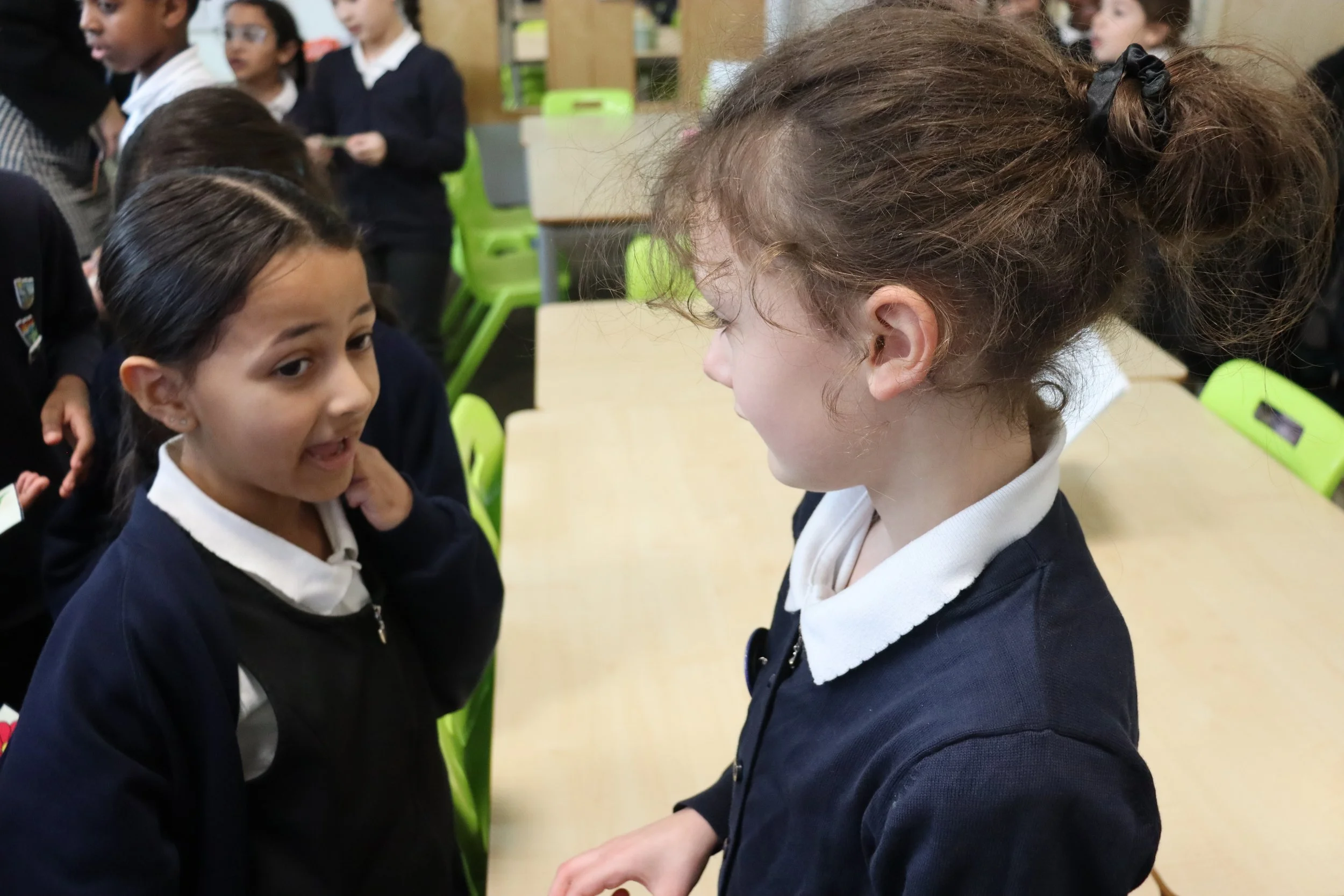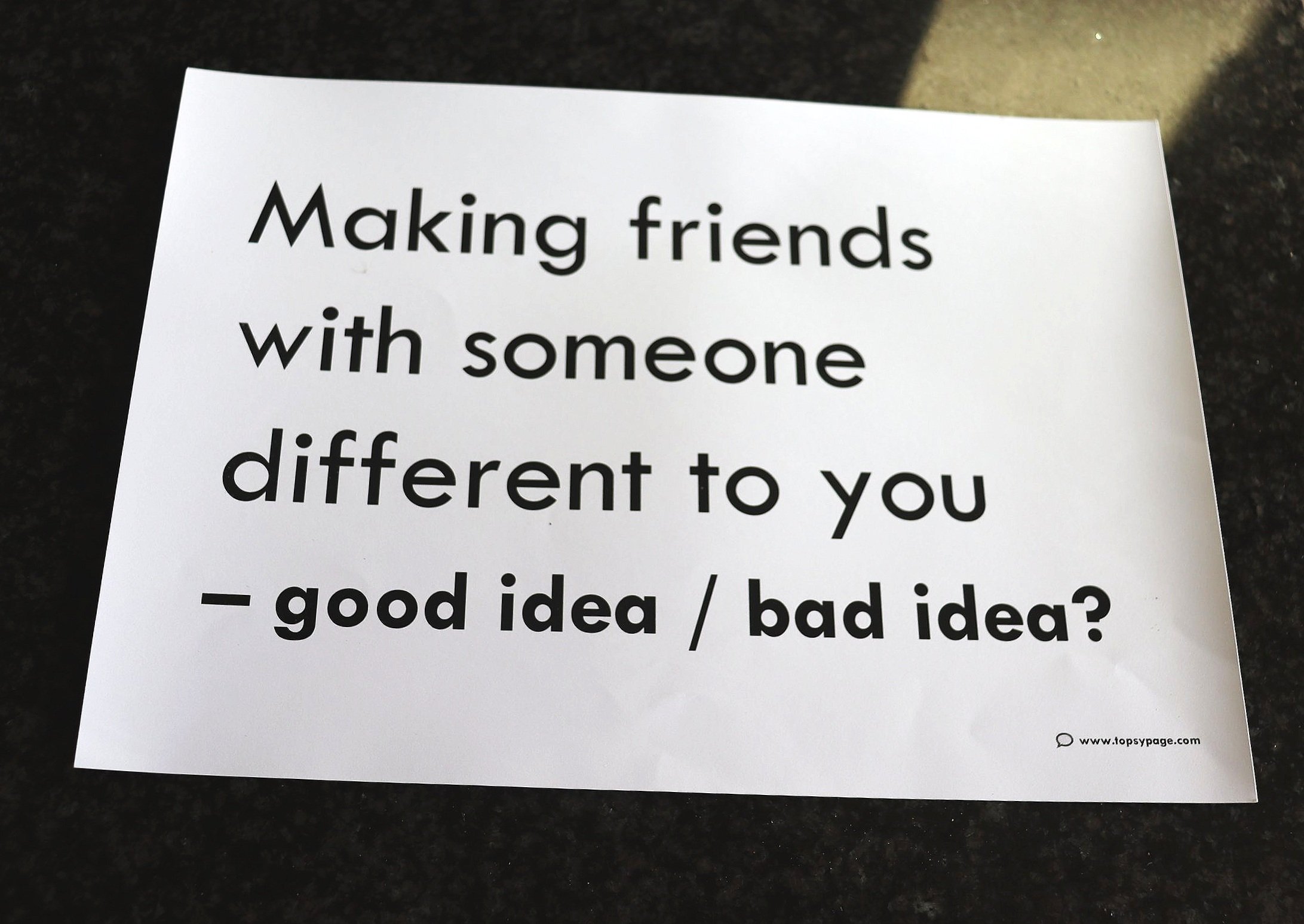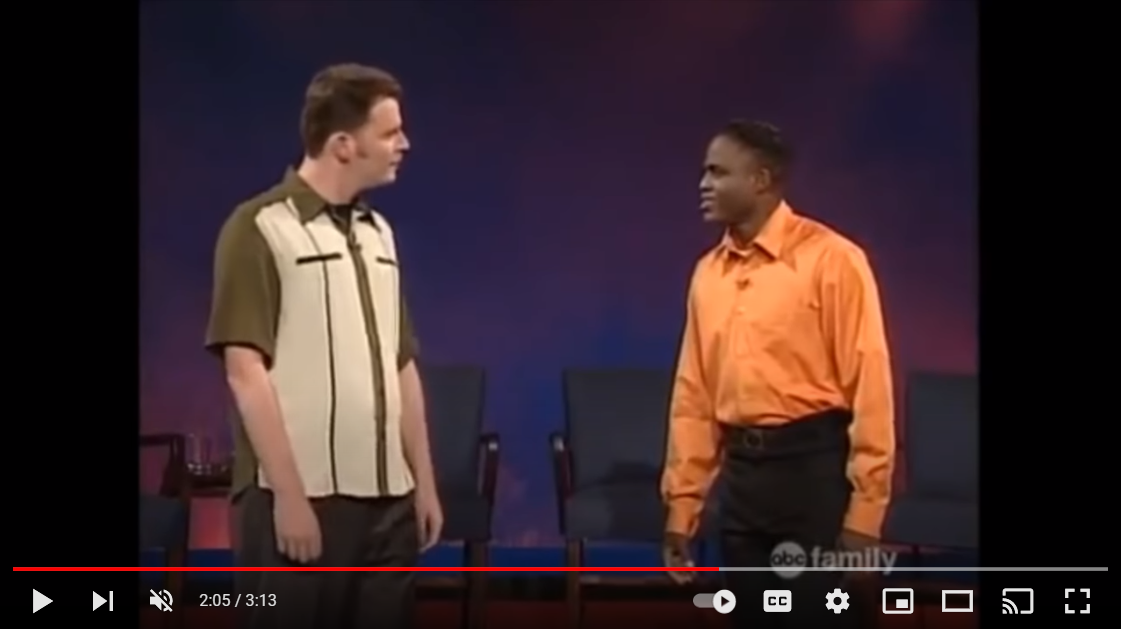
‘It has a pointy nose… long legs… and spots. It has a short tail. It is ferocious… and likes to eat cherries!’
Imaginary animal: Describe an imaginary animal – invent some features but don’t have a specific picture in mind. Pupils listen carefully and draw their version of the animal. Have pupils compare their finished drawings with a partner (‘take turns to tell your partner about the details you included’). Avoid repeating your description – this will make them listen much more closely!
Reproduce it: Find a simple drawing or pattern. Describe it without showing it, and have pupils try to draw it based on your description. Give very clear instructions – the challenge is for pupils to reproduce the drawing as accurately as possible.
Group story: One person starts a story with a sentence, and each subsequent person adds a sentence to continue the story. Model this first, then play in trios. Vary the game by adding just single words instead of sentences.
Yes, and… (see Communication Games)
An activity to get your class talking to each other after the holidays
Seasonal versions of some well-known oracy games
Would you rather spend most of your time indoors or outdoors? And more
Statements to get your class thinking and talking in the lead-up to the holidays
A game to help children practise giving compliments… plus an announcement!
An oracy game, a mental workout, and an opportunity to practise respectful challenge
Can your class come up with convincing definitions for the new words they invent?
A physical, fun game that can be played face-to-face or virtually
A quick, active game that helps pupils reflect on their own talk





























Can they remember what everyone else said?